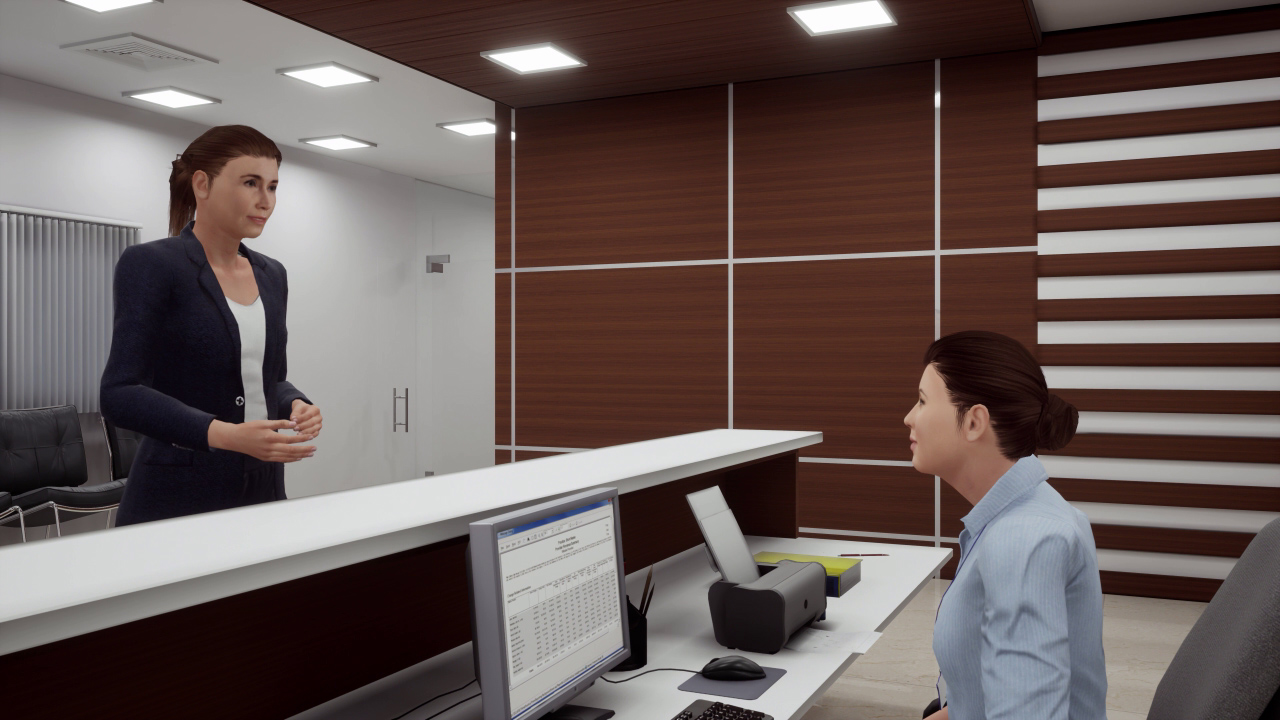Another world, another human. Not real but very close to real. These are the virtual humans who inhabit the virtual world. With a perfect blend of fine graphic designing and enabled with artificial intelligence (AI), these beings are a storehouse of knowledge and intelligence.
Though still in the nascent stages of development their presence cannot be overlooked. Fine tuning is in process but their emergence on the world stage has opened up unprecedented possibilities, especially in the field of education, training, learning and development.
Learning with Virtual Humans
Learning, practicing and polishing skills are best done in simulated environments and this need is perfectly fulfilled in virtual reality. There are multiple benefits of training in virtually simulated environments but let us save that for another day. Our focus here is on training with virtual humans and when these beings are a part of virtual environments, they provide ideal training scenarios in a wide variety of professions and skills.
Corporate Communication is a crucial factor in the performance of an organization. This applies to every business communication as well as day-to-day conversations. Communication is a two-way process where one conveys and receives messages. How one receives a message, reacts to it, acts upon it or conveys it further to another recipient defines the success or failure of that particular message. These could be sales pitches, business negotiations, employee performances, lay-offs, onboarding sessions, customer relationships, supervisor-subordinate interaction, etc.
Healthcare skills’ training requires patients for practice and virtual patients perfectly fulfill this need. A virtual patient set in a virtually simulated scenario provides healthcare professionals with controlled environments and zero-risks attached. This means that a skill can be practiced on a ‘patient’ as many numbers of times as required until the learners achieve the desired level of perfection, leading to better trained healthcare professionals.

Practicing medical procedures with virtual patients is risk-free and stress-free.
Defense training involves a wide range of skills including inter-personal communication, coaching, mentoring, critical thinking skills, combat and negotiations which involve the presence of other individuals. Simulated trainings in virtual set ups with virtual humans present realistic experiences to foresee possible scenarios, practice skills, enhance existing skills, learn to improvise and witness results of actions taken.
Police training, apart from fighting crime, involves a great degree of communication, including tactical situations. Being trained in ways to handle different kinds of people in different kinds of circumstances is crucial to get desired results. This could involve strict interrogations, subtle questioning techniques or talking to victims and relatives. Training with virtual humans in varied situations is a good way to prepare for every scenario.
Teachers’ training programs encompass multiple skills. A teacher must not only be proficient in the concerned line of study but also be skilled enough to manage a multifaceted group of students. Placing a trainee in a virtually simulated classroom containing a diverse group of simulated students will provide the ideal training ground for the profession.
While these skills are industry specific, there are several soft-skills that span across industries and play a crucial role in performances, at individual, team and organization levels. Some such skills that can be perfected while training with virtual humans include:
- Communication – interpersonal, customer service, telephonic
- Team player spirit
- Leadership skill
- Interviewing – onboarding, exiting, laying off, performance review
- Workplace etiquette

Virtual humans can assist in polishing up communication skills.
Virtual humans have come a long way from the simple bot at the other end of the line and a voice assistant. The present-day virtual humans look and behave like real humans and powered with AI they can now even react and respond. As training aides, they are proving to be helpful in learning, practicing, polishing and enhancing skills in a wide variety of industries. Their journey, and ours with them, has just begun. The future, definitely, has a lot more to unfold.




